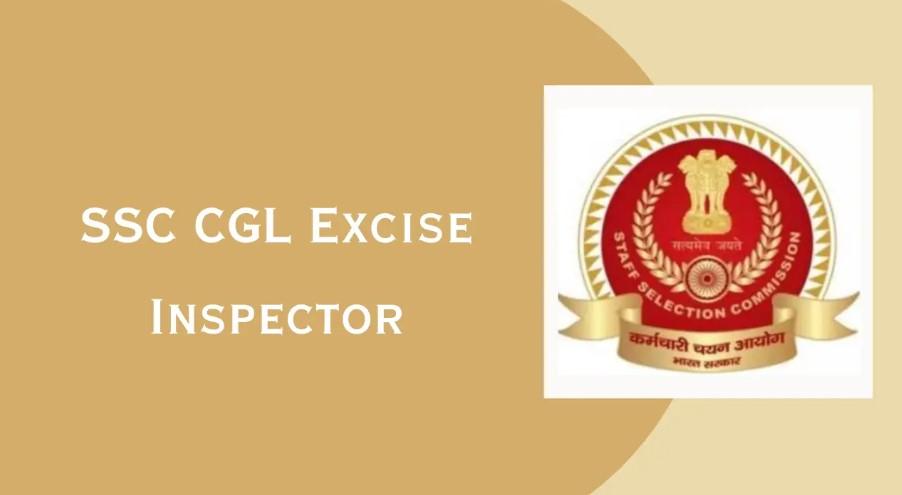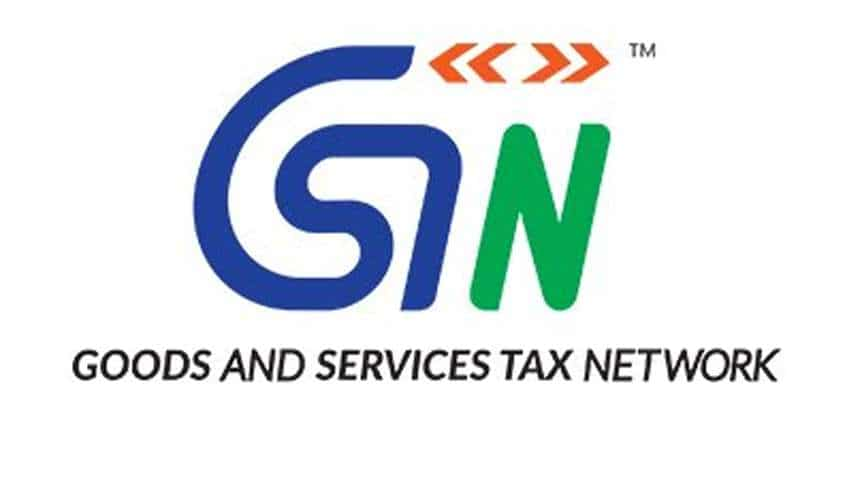Bajaj Allianz gets Rs 1,010 crore tax demand from GST intelligence: What it means for the insurance industry
On September 29, 2023, Bajaj Allianz General Insurance Company Limited (BAGIC) received a show cause cum demand notice from the Directorate General of GST Intelligence, Pune Zonal Unit, alleging a tax demand of Rs. 1010,05,80,540/- for the non-payment of GST on two matters during July 2017 to March 2022. The two matters are:

- Non-payment of GST on co-insurance premium
- Non-payment of GST on reinsurance commission-accepted premiums ceded to various Indian and foreign reinsurance companies
Bajaj Allianz has stated that it will file an appropriate response to the show cause cum demand notice within the prescribed timelines.
GST payment on co-insurance and re-insurance premiums has been a bone of contention between the government and insurance companies for some time now. The government takes the view that these premiums are subject to GST, while the insurance companies argue that they are exempt.
This is the fifth major GST demand that has been issued to an insurance company in recent months. The other insurance companies that have received GST demands include HDFC Life, ICICI Pru Life, LIC, and ICICI Lombard.
The outcome of these cases will have a significant impact on the insurance industry. If the government is successful in its cases, it could lead to a large amount of tax revenue for the government. However, it could also lead to higher costs for insurance companies and their customers.
What is GST?
GST or Goods and Services Tax is a comprehensive indirect tax levy on the manufacture, sale, and consumption of goods and services in India. It was introduced on July 1, 2017, and has replaced all other indirect taxes, such as excise duty, service tax, value-added tax (VAT), and octroi.

What is co-insurance?

Co-insurance is an arrangement in which two or more insurance companies share the risk on a single insurance policy. This is typically done when the sum insured is very large or when the risk is particularly complex. When co-insurance is arranged, the lead insurer is responsible for issuing the policy and administering the claim. The other insurers are known as co-insurers and are responsible for paying their share of the claim.

What is reinsurance?
Reinsurance is an arrangement in which an insurance company transfers a portion of its risk to another insurance company. This is typically done to reduce the insurance company’s exposure to a particular risk or to spread its risk across a wider geographical area. When reinsurance is arranged, the insurance company that transfers the risk is known as the cedent and the insurance company that accepts the risk is known as the reinsurer.
Why is the GST department demanding tax on co-insurance and reinsurance premiums?
The GST department takes the view that co-insurance and reinsurance premiums are subject to GST. This is because these premiums are paid for the provision of a service, namely, the insurance of a risk. The GST department argues that the fact that the service is provided by two or more insurance companies does not make it exempt from GST.
Why do insurance companies argue that co-insurance and reinsurance premiums are exempt from GST?
Insurance companies argue that co-insurance and reinsurance premiums are exempt from GST because they are covered by the entry for “insurance services” in the negative list of services. The negative list is a list of services that are exempt from GST. Insurance companies argue that co-insurance and reinsurance premiums are essential for the provision of insurance services and that they should therefore be exempt from GST.
What is the likely impact of the GST department’s demands on the insurance industry?
If the GST department is successful in its cases, it could lead to a large amount of tax revenue for the government. However, it could also lead to higher costs for insurance companies and their customers. This is because insurance companies will have to pass on the cost of GST to their customers in the form of higher premiums.
Conclusion
The outcome of the GST department’s cases against insurance companies will have a significant impact on the insurance industry. If the government is successful in its cases, it could lead to higher costs for insurance companies and their customers. However, it could also lead to a more simplified and efficient tax regime for the insurance industry.
What can insurance companies do?
Insurance companies can take a number of steps to prepare for the outcome of the GST department’s cases against them, including:

- Review their GST compliance. Insurance companies should carefully review their GST compliance to ensure that they are paying the correct amount of GST on all of their taxable services. This includes reviewing their GST claims for input tax credit.
- Assess their financial exposure. Insurance companies should assess their financial exposure in the event that they are required to pay GST on co-insurance and reinsurance premiums. This includes assessing the impact on their profits, premiums, and reserves.
- Engage with the government. Insurance companies should engage with the government to discuss their concerns about the GST department’s demands. This could involve making representations to the Ministry of Finance or the GST Council.
- Prepare for litigation. Insurance companies should prepare for the possibility of litigation in the event that they are unable to resolve their disputes with the GST department. This could involve preparing their legal case and engaging with legal counsel.
Here are some additional steps that insurance companies can take:
- Review their contracts with co-insurers and reinsurers. Insurance companies should review their contracts with co-insurers and reinsurers to ensure that they are clear about the GST implications of the arrangements.
- Consider increasing their premiums. Insurance companies may need to consider increasing their premiums to offset the cost of GST if they are required to pay it on co-insurance and reinsurance premiums.
- Work with their customers to explain the situation. Insurance companies should work with their customers to explain the situation and the potential impact of the GST department’s demands on their premiums.
The insurance industry should also work together to make representations to the government and to lobby for changes to the GST law, if necessary.

The outcome of the GST department’s cases against insurance companies is still uncertain. However, by taking the steps outlined above, insurance companies can prepare themselves for all possible outcomes.













